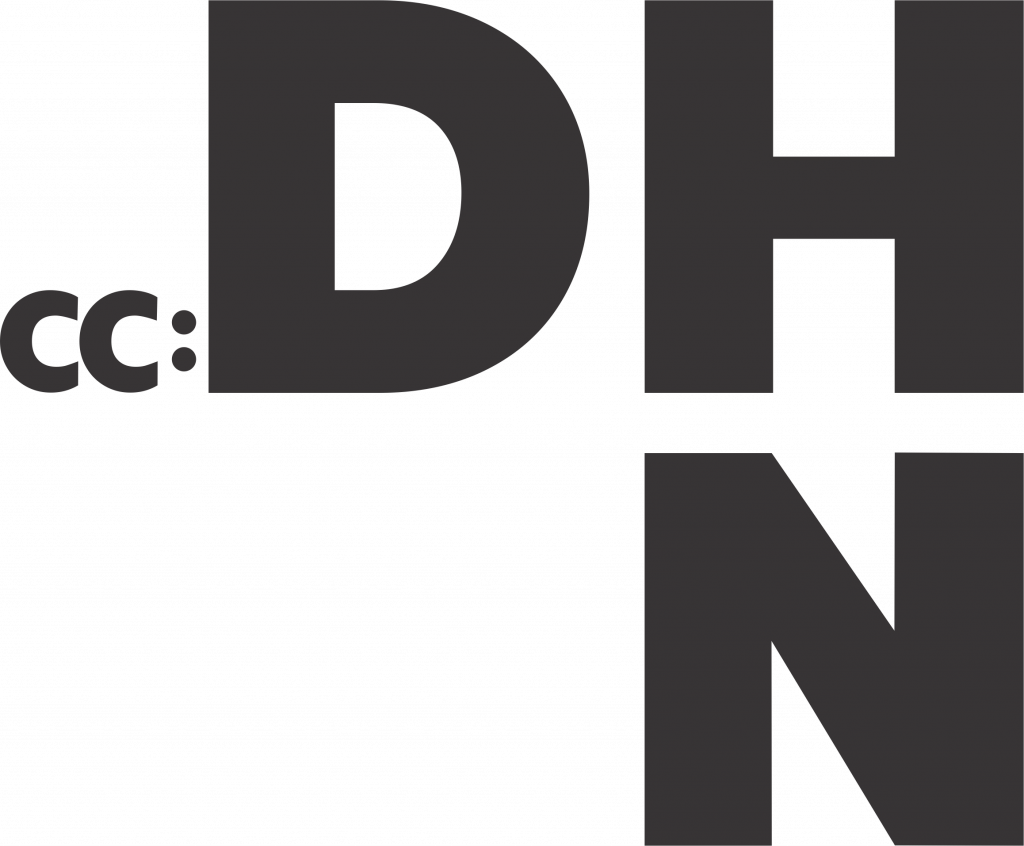
- This event has passed.
[Foundations] Intersectional Feminist Digital Humanities: Theoretical, Social, and Material Engagements
Event Language
EnglishFormat
in person/face-à-faceAlthough there is a deep history of feminist engagement with technology, projects like FemTechNet argue that such history is often hidden and feminist thinkers are frequently siloed. In order to address this, the seminar will offer a set of background readings to help make visible the history of feminist engagement with technology, as well as facilitate small-scale exploratory collaboration during the seminar. Our reading selections bring a variety of feminist technology critiques in Media Studies, Human-Computer Interaction, Science and Technology Studies, and related fields into conversation with work in Digital Humanities. Each session is organized by a keyword – a term that is central to feminist theoretical and practical engagements with technology – and will begin with a discussion of that term in light of our readings. The remainder of each session will be spent learning about and tinkering with Processing, a programming tool that will allow participants to engage in their own critical making processes.
Pushing against instrumentalist assumptions regarding the value and efficacy of certain digital tools, we will be asking participants to think hard about the affordances and constraints of digital technologies. While we will be engaging with a wide range of tools/systems in our readings and discussions, we anticipate that the more hands-on engagement with Processing will help participants think about operations of interface, input, output, and mediation. In addition to the expanded theoretical framework, participants can expect to come away with a new set of pedagogical models using Processing that they can adapt and use for teaching at their own institutions.
This course combines lecture, seminar, and hands-on activities. Consider this offering to build on: Fundamentals of Coding / Programming for Human(s|ists); Web Development / Project Prototyping for Beginners with Ruby on Rails. Consider this offering in complement with and / or to be built on by: Physical Computing and Desktop Fabrication; Digital Humanities with a Global Outlook; Digital Indigeneity; and more.
